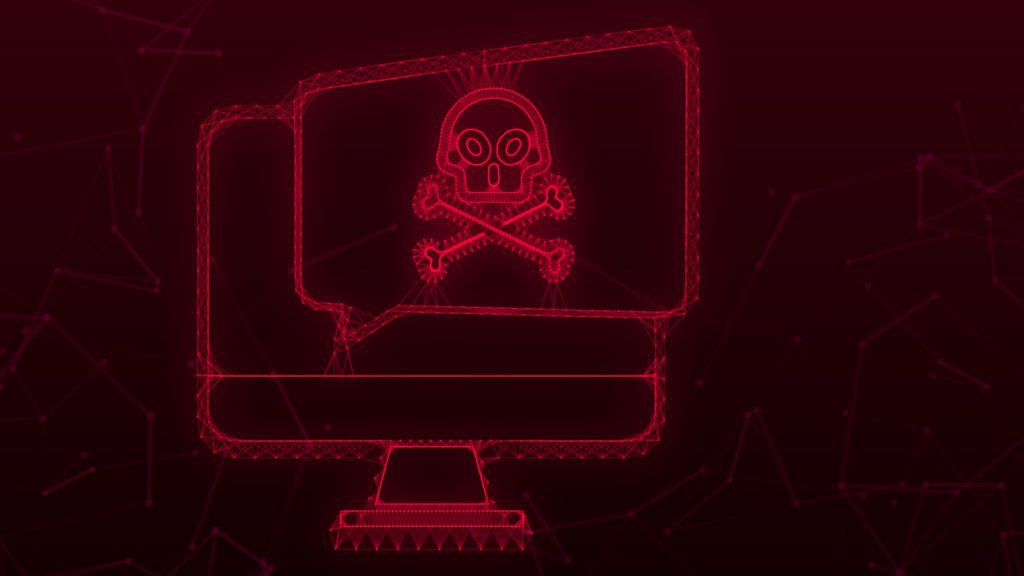
Cybersecurity professionals across the UK are struggling with cybersecurity burnout as attacks intensify, from retail to healthcare, employees are under rising pressure to safeguard critical infrastructure against threats such as the Scattered Spider campaign and state backed hackers.
The increasing number of cybersecurity workforce development also highlights pressure on frontline defenders charged with guarding businesses and citizens. For other developers, the extended hours, round-the-clock alert, and the risk of potentially disastrous breaches are leading to exhaustion, with business leaders speaking of the crisis which may compromise national security.
Is Cybersecurity Stressful as a Job?
When “Tony,” a cybersecurity awareness officer at a major UK ecommerce firm, was signed off work for the security team burnout last year, it came after years of escalating stress. “Many of us in cyber, we put our hearts into our job. There’s a lot of passion involved,” he explained.
Tony recalls the 2017 Wannacry ransomware attack vividly, “It was a Friday and something came up on BBC News.”
His team spent the entire weekend disconnecting devices in preparation for the next move which has been drainingmental health tech jobs. Despite not getting hit directly, the stress remained.
Until this day, he still sees the same cybersecurity stress level repeating as firms race to defend themselves against Scattered Spider.
“I can’t even imagine what the folks at Co-op and M&S have gone through,” he added.
Former head of cyber risk at the UK Health Security Agency, Andrew Tillman, knows the feeling well.
“If you think you might be burning out, you’re already on your way there,” he said.
While cybersecurity can be drainingmental health tech jobs it can also be “the best job in the world,” he admits “it can be a bit of a dangerous place to be” when stress becomes overwhelming.
Data Reveals a Bigger Problem
The problem isn’t just related to blame culture at work. According to the latest ISC2 Workforce Study, job satisfaction among cybersecurity workers dropped to 66% in 2024, a four-point decline from the previous year.
Burnout is now considered a “major issue” for the industry, warns ISC2’s chief information security officer, Jon France.
Professionals are increasingly asked “to do more with less,” he said. Unlike other industries, cybersecurity isn’t a nine to five job.
The attacks are escalating in scale and ambition. Hackers backed by states, particularly North Korea, are targeting critical systems. Earlier this year, attackers linked to Pyongyang stole $1.5 billion in digital tokens from crypto exchange ByBit.
US officials estimate that half of North Korea’s foreign currency earnings come from such cyber theft.
Tillman underlined the weight of responsibility of nation-state hacker stress, “there’s always that conscious thought about ‘if it goes wrong, how could this impact the individuals on the street? How could it affect their jobs, their livelihoods?’”
Cybersecurity Burnout for New Employees at Risk
Former deputy CISO at GSK and now strategic lead at non-profit Cybermindz, Lisa Ackerman, says turnover is especially high in entry level roles. “Burnout is particularly common in frontline jobs,” she noted, pointing to constant alert fatigue cybersecurity and overwhelming data feeds that younger workers must process.
Cybermindz founder Peter Coroneos describes the sector as plagued by “blame culture” where wins go unnoticed and failures weigh heavily. This leaves staff carrying “a low level of dread,” due to many factors such as in this case cybersecurity burnout.
Is cybersecurity a stressful job?
For younger workers, he warned, the cybersecurity psychology impact could be long term, “so, if you are recruiting people whose brains are not fully formed and putting them in high-stress roles, then you are potentially setting them up for long-term problems in terms of their own cognitive and emotional wellbeing.”
Cybermindz offers “structured neural training regime” designed to restore psychological safety.
“If someone’s having a panic attack, telling them to just calm down isn’t actually going to work. You need to address neurochemistry,” said Coroneos.
Ackerman believes that because of burnout neurochemistry systemic change is needed for a better tomorrow to be able to manage the risk of organizations.
Inside Telecom provides you with an extensive list of content covering all aspects of the tech industry. Keep an eye on our Cybersecurity sections to stay informed and up-to-date with our daily articles.